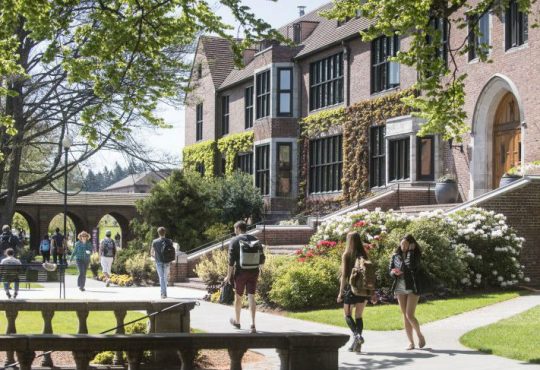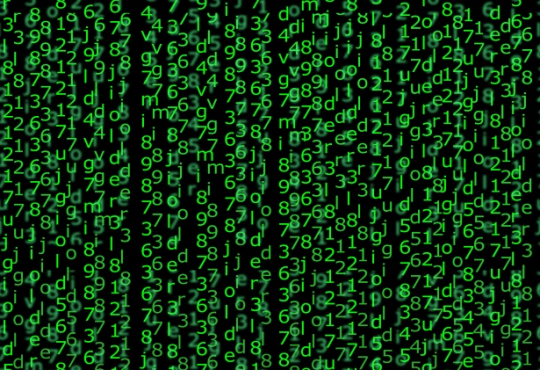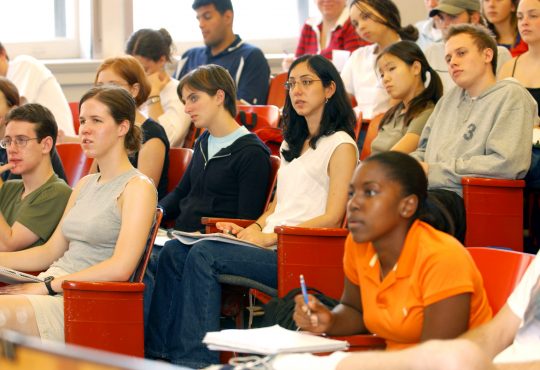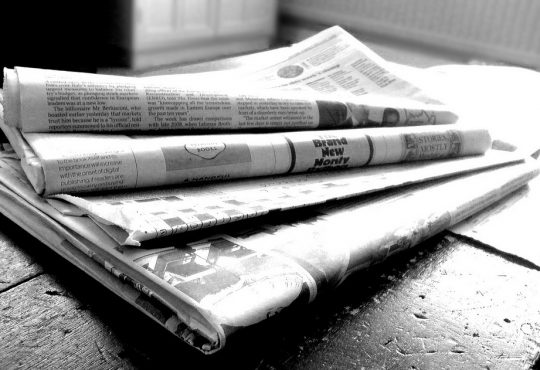Ukraine’s critical situation and Russia’s recent annexation of Crimea has no doubt been a focal point of discussion in International Relations and Politics & Government classes at Puget Sound.
Since its independence from the Soviet Union in 1991, Ukraine has struggled politically and economically as a country and culturally over its differences between its eastern and western halves.
Protests began December in Kiev after Ukraine’s President Yanukovych dropped trade union plans with the European Union (EU) after pressure from Russia. After a three-month crackdown of violent protests, President Yanukovych was forced to flee, leaving Ukraine’s government still bankrupt and corrupt.
20,000 Russian troops amassed on the border of eastern Ukraine, as citizens weathered cuts, blocked cell phone service and Russian jets in Ukrainian air space. “It [Russia] is righting a historical wrong in retaking Crimea, which was ceded to Ukraine by Soviet authorities in 1954,” Matthew Rosenberg wrote in The New York Times. Crimea is an autonomous parliamentary republic of Ukraine with a population of 58 percent ethnic Russians, 24 percent ethnic Ukrainian and 12 percent Crimean Tatars.
“There are both two sides: the Ukrainian and Russian Crimean’s, and they have their own opinions and I don’t think any of them should be forced out of their homes whoever claims Crimea, but I do think it’s shaping up a lot like the Sudetenland issue in 1938 when Hitler wanted to take over Czechoslovakia,” senior Alex Wyam said.
“There’s the level of Putin being irreverent towards cartographical boundaries as well as moral boundaries,” Erik Makhanov ’13 said. “If you believe what the United Nations stand for, a nation of people have fundamental rights to choose who they want to be and how they want to identify and how they wish to live their lives. I believe that Putin’s involvement notwithstanding, the people of Crimea have that right to choose.”
The discussion over Russia’s presence in Crimea is divided within both countries as well as internationally. A select group of nations have publically accepted and supported Crimea’s annexation, including Syria, Afghanistan and Venezuela. In opposition, President Obama has
described Putin as having an “older world view” that does not fit within the global community’s long term economic co-dependence.
“You can’t ignore that he capitalized on that country’s instability. I believe that he has just shown his true colors,” Makhanov said.
“He doesn’t really care about Ukraine. He pumped all that money into the Olympic games so that his country would appear a certain way on the world stage. Comparatively, Ukraine’s aid is huge. People are out of jobs, people are starving, the situation is really bad and he puts in only a fraction towards them versus what he did for his own country.”
“Like most of us, he’s making it up as he goes along,” Politics and Government professor Patrick O’Neil said.
“I would say he’s much less ideological than someone, like Barack Obama who people see as being very ideological. The mistake is to map a lot of values onto him, when what he really wants is to stay in power. This is a way that would bolster public support. His public support will start to erode again and I’m not certain what he’ll do after that.”
According to the United Nations (UN), Russia’s actions are a violation of international law. Economic sanctions are being pressured towards Russia in an attempt change their occupation of Crimea.
A UN envoy was even refused in Crimea and international monitors have been not working.
At this point, it is impossible that Putin would change his plans to have Russian troops leave Crimea.
“There’s nothing realistically anyone can do to get Putin out of Crimea, so in that he’s won and he won a pretty low cost,” Politics and Government professor Seth Weinberger said.
“But I think in the long run this is actually going to be bad for Russia. Russia has been kicked out of the G-8 and there’s talk of getting them out of the G-20, there’s going to be economic sanctions, there’s going to be long term economic damage to Russia. This is certainly going to move Ukraine closer to the West. I think in the long run this was a really bad outcome.”






